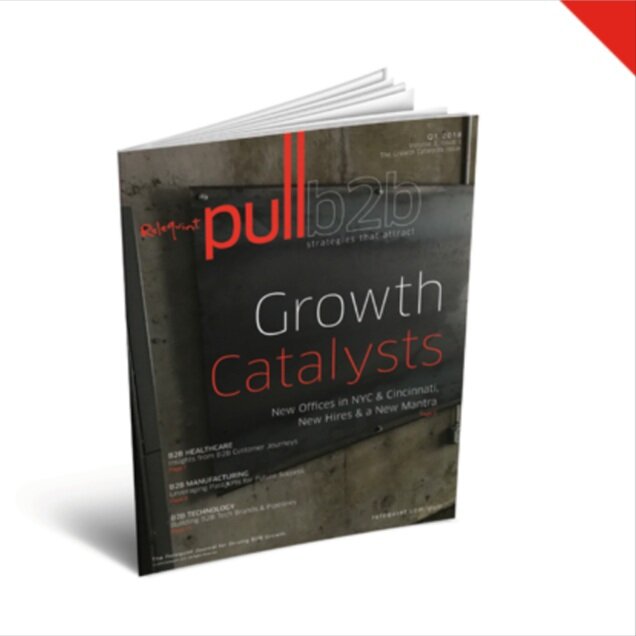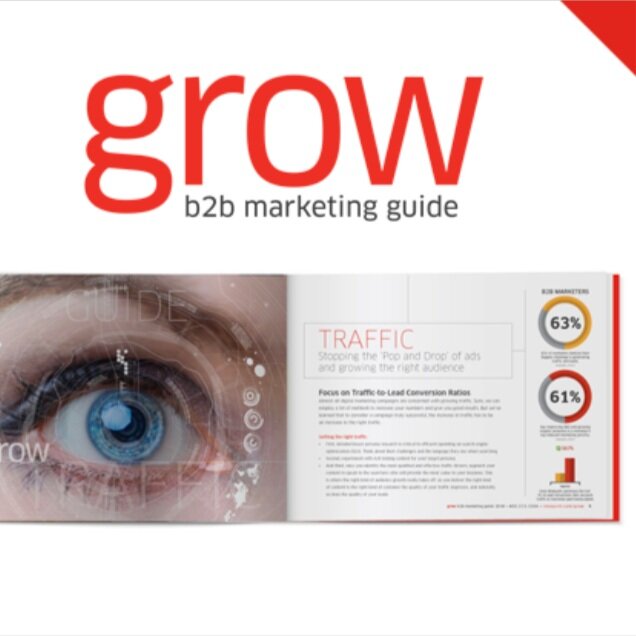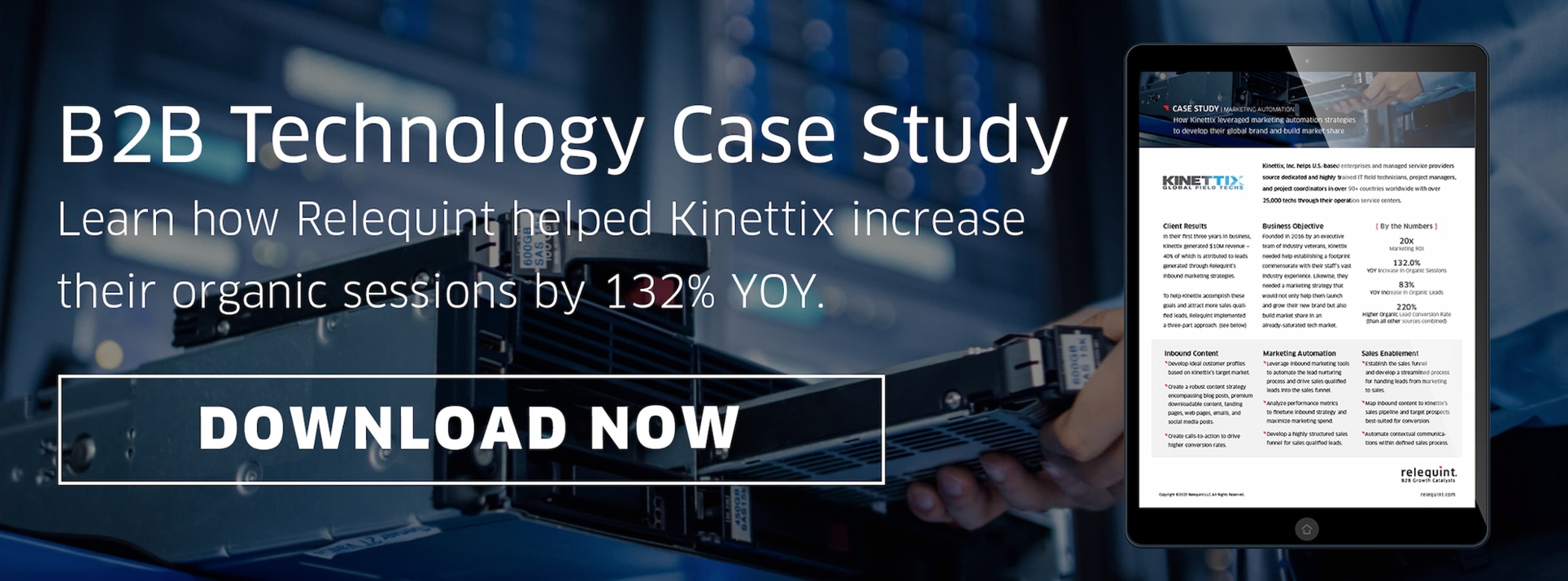 As a marketer, you’re well aware that key performance indicators impact your ability to efficiently drive traffic and convert leads. These critical metrics provide deep insights into the health of your marketing strategies, allowing you to double down on what’s working, ditch what’s not, and improve what could perform better.
As a marketer, you’re well aware that key performance indicators impact your ability to efficiently drive traffic and convert leads. These critical metrics provide deep insights into the health of your marketing strategies, allowing you to double down on what’s working, ditch what’s not, and improve what could perform better.
For B2B technology, though, some KPIs are more important than others. Below are three metrics that B2B tech companies should monitor to attract sales qualified leads and achieve growth.
Top 3 Marketing KPIs for B2B Tech Companies
1. Organic Traffic
The information technology market is oversaturated. Often, businesses have to clarify that they are B2B and not B2C because their brand story overlaps with other tech companies’. As a member of the B2B community, it’s essential that you not only get your story in front of the right audience but also establish industry authority.
You may have already started doing this. Whether you blog every week, host webinars, publish whitepapers, or all of the above, creating engaging, relevant content is key to not only differentiating yourself from the competition but also attracting and converting new prospects.
Site traffic can help you assess how well this content is doing. But remember not all traffic is created equal.
For B2B tech marketers, organic traffic illustrates just how relevant your content is. The more organic traffic you have, the higher you rank for competitive keywords. The higher you rank, the easier prospects will find you when researching their pain points on Google and other AI-powered search engines. If your content fully addresses their concerns, then you’re well on your way to gaining a new customer, email subscriber, or follower.
2. Conversion Rate
While organic traffic is great, a low conversion rate means you’re leaving money on the table. Sales are driven by user action — not just views.
Before you try to calculate your B2B tech company’s conversion rate, you first need to define what constitutes a conversion based on your unique goals. Typically, B2B conversions involve a form submission — for example, a prospect fills out a “contact us” form or downloads a whitepaper. For a B2C company, on the other hand, a conversion might be a retail purchase or email sign-up.
Knowing the conversion rate of your forms, landing pages, and emails can clue you into which marketing channels are the most effective for your business. That way, you can focus your energy on the areas that give you the most bang for your buck. Likewise, low conversion rates can help you identify sticking points and fine-tune your assets to successfully guide qualified leads through the sales cycle.
3. Customer Acquisition Costs
Whether you work for a start-up or an enterprise, budget matters. To make sure your marketing strategy is not only efficient but also cost-effective, you will need to determine how much it costs to convert an individual from a site visitor to a new customer.
Customer acquisition cost (CAC) is simple to calculate. Start by identifying the total amount of expenses used by sales and marketing in a given period. Then, divide by the number of new customers the company has acquired during that time.
CAC is especially important for B2B technology companies since their services often have a higher price tag than their B2C counterparts and final purchasing decisions involve input from multiple people at an organization. Tracking CACs and comparing them to the typical length of your sales cycle can help you determine whether you’re within the industry standard or its time to reevaluate your marketing strategy.
Whether you use HubSpot, Pardot, Marketo, or another marketing automation platform, the number of KPIs at your fingertips can be overwhelming. To get a well-rounded snapshot of your marketing strategy, focus on organic traffic, conversion rate, and customer acquisition cost.
Want to see a real-world example of monitoring KPIs to attract sales qualified leads and drive revenue in the B2B technology space? Download our case study and learn how inbound strategies and marketing automation helped our client achieve 20x ROI.![]()







 By
By 
